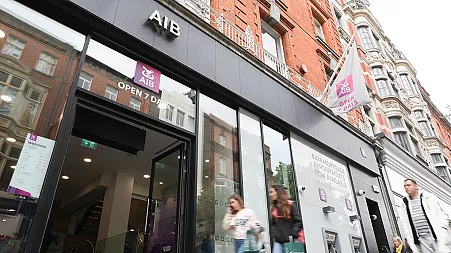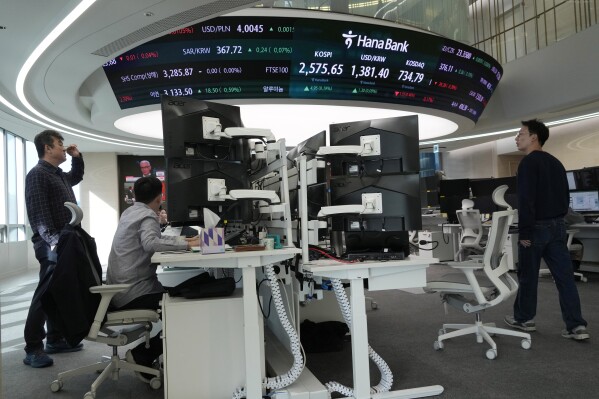Your support helps us to tell the story
Support NowThis election is still a dead heat, according to most polls. In a fight with such wafer-thin margins, we need reporters on the ground talking to the people Trump and Harris are courting. Your support allows us to keep sending journalists to the story.
The Independent is trusted by 27 million Americans from across the entire political spectrum every month. Unlike many other quality news outlets, we choose not to lock you out of our reporting and analysis with paywalls. But quality journalism must still be paid for.
Help us keep bring these critical stories to light. Your support makes all the difference.
The UK economy will grow faster than previously thought as lower inflation and borrowing costs lead to a boost in business activity, a boost for chancellor Rachel Reeves as she aims to fix the nation’s finances.
The update from the International Monetary Fund also suggested that the fight against inflation and the cost of living crisis had “largely been won”.
The UK will grow 1.1 per cent this year, up from previous estimates of 0.7 per cent. Next year, growth of 1.5 per cent is expected.
“Rachel Reeves is looking for all the good news she can get ahead of the Budget and an upgraded UK economic forecast from the IMF has certainly come at the right time,” says Dan Coatsworth, investment analyst at AJ Bell.
The growth rate looks poor compared to the world’s average of 3.2 per cent, “but something is better than nothing given the uncertain backdrop,” he said.
Only Spain was given a bigger economic upgrade by the IMF, making the UK the biggest beneficiary for extra growth in the G7, although the US's growth rate of 2.8 per cent is higher.
Prices in the UK rose by 1.7 per cent in September, the lowest rate in more than three years after spiking at 11.1 per cent in October 2022. Energy, while still expensive, has stopped shooting up in price.
These lower price rises mean the Bank of England is likely to carry on reducing borrowing costs, which will help mortgage holders and other borrowers, as well as the government’s own finances.
It comes as a barrage of data shows a mixed picture of Britain’s finances. Earlier, official statistics showed that the UK had borrowed £6.7bn more than thought in the first half of the year, but lower borrowing costs could also act as a tailwind for the Treasury’s ambitions, as well as business activity.
Borrowing in the first six months of the year stood at £79.6bn, £1.2bn higher than a year earlier and almost £7bn higher than the independent fiscal watchdog which monitors the state’s finances had estimated.
The surprise rise in borrowing came despite the cut to Britain’s expenditure on winter fuel allowances, which will now be means-tested and will be paid next month.
Ms Reeves has said she needs to fix a £22bn “black hole” in Britain’s finances. She is looking at ways to cut spending and raise money to tackle it.
While borrowing costs for the government stand at about 4 per cent, rates are likely to fall.
UK interest rates will almost halve from their present rate of 5 per cent, top US investment bank Goldman Sachs said yesterday.
Borrowing rates, set by the Bank of England, will sink to 2.75 per cent by the end of next year, Goldman predicts, suggesting a faster fall than borrowers and lenders have forecast.
Ms Reeves said: “It’s welcome that the IMF have upgraded our growth forecast for this year but I know there is more work to do.
“That is why the Budget next week will be about fixing the foundations to deliver change so we can protect working people, fix the NHS and rebuild Britain.”
Disclaimer: The copyright of this article belongs to the original author. Reposting this article is solely for the purpose of information dissemination and does not constitute any investment advice. If there is any infringement, please contact us immediately. We will make corrections or deletions as necessary. Thank you.



